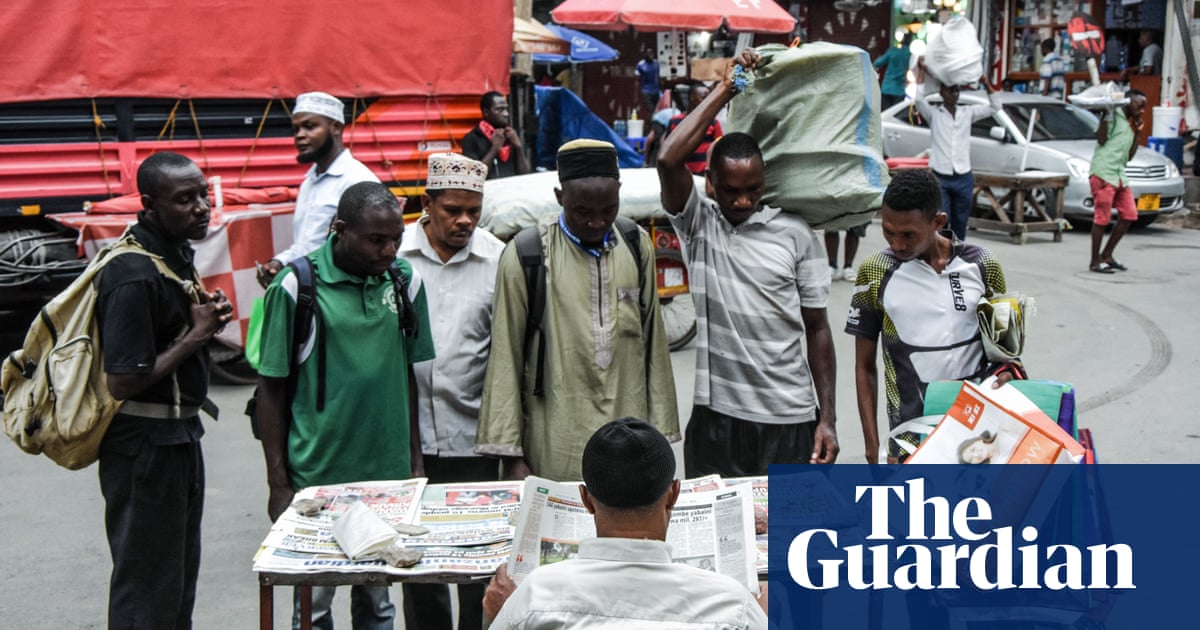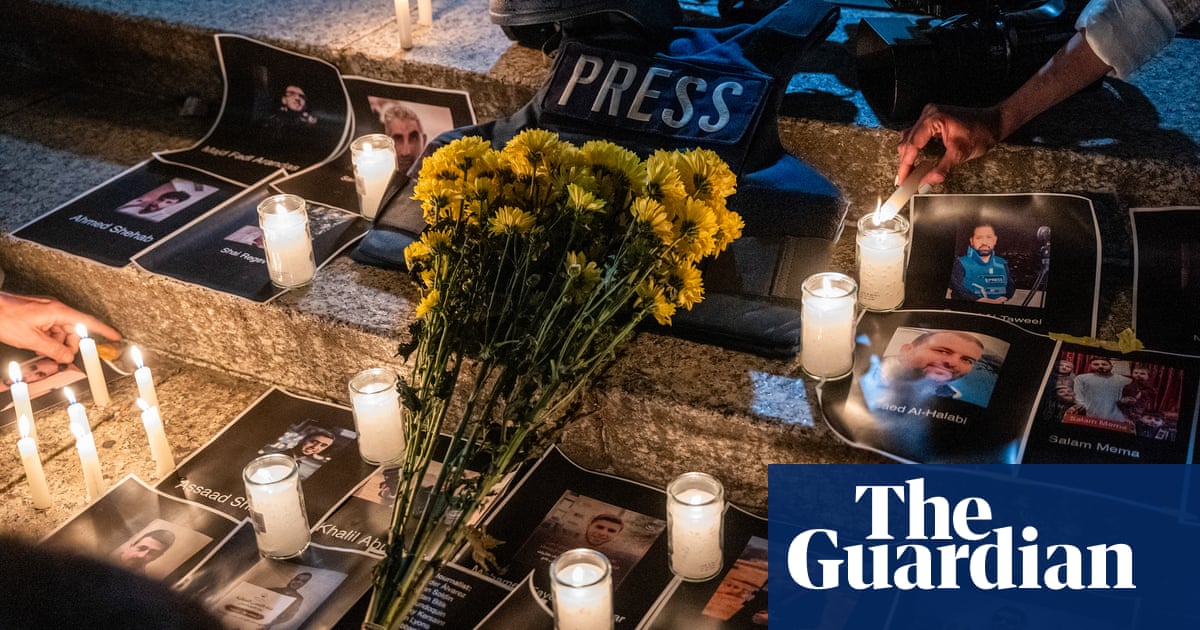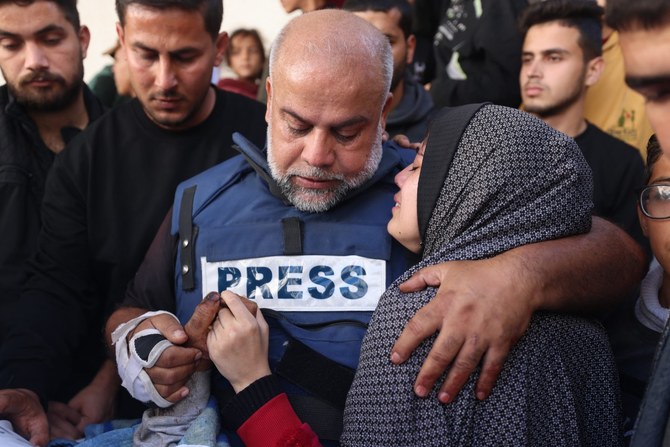
The number of journalists being censured for their work in Tanzania has fallen slightly, raising hopes that press freedom is improving in the country.
Last year, 17 “press violations”, which include threats, arrests, denial of access to information and equipment seizures, were reported in the east African nation, the Media Council of Tanzania told the Guardian. This compares with 25 in 2021 and 41 in 2020.
The country’s previous president John Magufuli, who died in March 2021, was considered “hostile” to the media. During his term, Tanzania tumbled down the world press freedom index, from 71 in 2016 to 124 in 2021, out of 180 countries. The new president, Samia Suluhu, has adopted a more progressive stance. In her first month in office, she announced she did not want Tanzania to continue being infamous for violations of press freedom, and instructed the minister of information to lift some media bans imposed during Magufuli’s tenure.
Four newspapers known for being critical of the government and “offering alternative views” had their licences reinstated after years-long bans.
“We are going through interesting times,” said Kajubi Mukajanga, head of Tanzania’s media council, describing the state of press freedom in Tanzania as one of both “hope” and “distress”. State actors commit most press freedom violations in sub-Saharan Africa and the new administration’s stance is significant, he said.
The ministry of information is re-engaging after years of chilly relations, he added, but journalists still routinely face difficulties and excessive scrutiny.
A Zanzibar journalist was apprehended by authorities in June last year on suspicion of making a video in which someone from the ruling party criticised the Tanzanian island’s president, Hussein Ali Mwinyi. He was interrogated, without being informed of the reasons for his arrest, and is required to report to a police station each month.
In May, authorities ordered journalists to submit their CVs, parents’ and spouses’ details, and tribal identities to receive licences to practise. Authorities fine outlets or suspend media licences on a whim. The government is a key media advertiser – 40 to 80% of outlets’ income comes from state advertising – which can lead to self-censorship.
The journalist Thobias Mwanakatwe said he faced challenges covering the state evictions of Maasai pastoralists from their ancestral land, which unfolded throughout 2022. He and other journalists from independent media outlets were barred from covering the evictions and were interrogated by guards of the state-run Ngorongoro Conservation Area Authority. State outlets were given full access.
“There’s more media freedom now but where the government doesn’t want certain issues to be known about, you will face challenges. You have to be smart about how you report,” said Mwanakatwe.
Between 2019 and 2021, three out of five journalists experienced some form of infringement, according to the media council. Stories critical of the government, giving visibility to the opposition, or on human rights issues generated the most pushback.
International reporters face difficulties accessing permits. Ruud Elmendorp, a Dutch journalist, found himself on an immigration blacklist a year after doing a 2020 series of satirical vlogs, aired on a US news channel, on the lack of Covid restrictions in Tanzania.
Elmendorp had been stranded in Tanzania after Covid prompted border closures, and says he tried multiple times to get a reporting permit while there, but received no response. After finally managing to leave then trying to return, Elmendorp says border officials told him they didn’t know the reason for the ban, and he believes the ban was due to his work.












